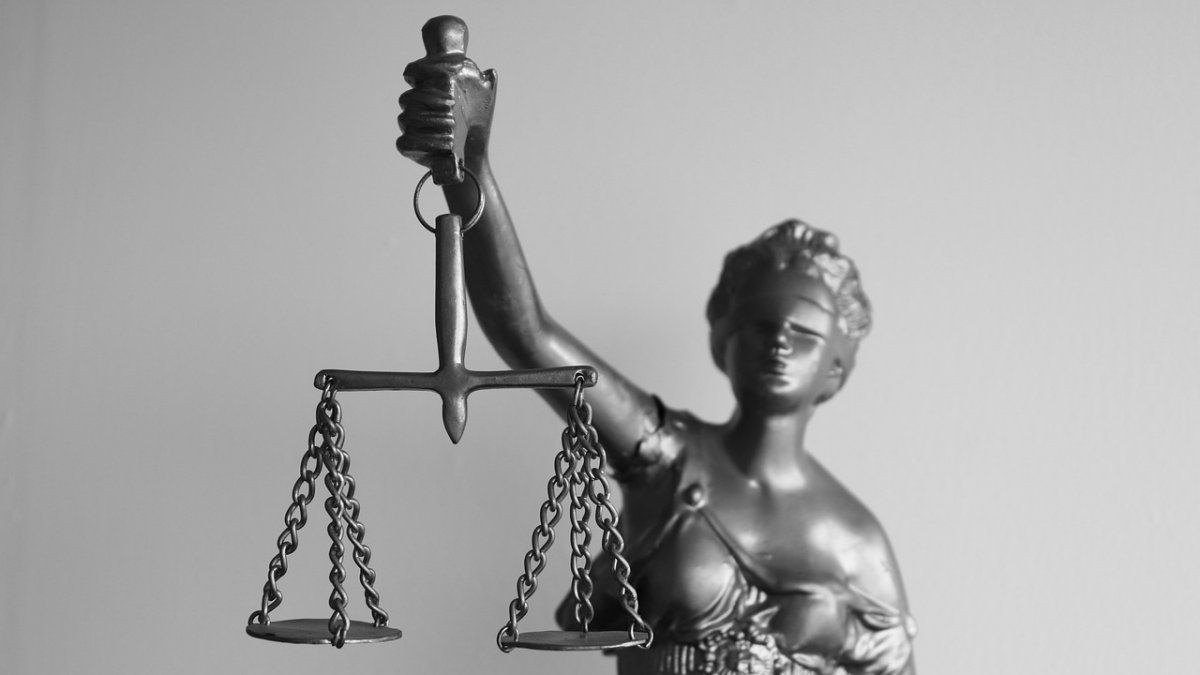It is worth mentioning that citizens who resort to justice do so out of necessity and we, as members of justice, must understand that it must be recognized as a power of democracy. The legal profession is the one that first and immediately defends the conflicts that the people cannot resolve without justice. In this sense, litigation law cannot go unnoticed in the selection processes, and as such, it requires tools that ensure real equality of opportunities for access to the Judiciary.
An organ as important for democracy as the Judiciary must face a process of modifications that tends to take its public functions to the interior of the country, especially to the interior of the provinces. Attending only to the agendas of the capitals is not exactly a federal path, but rather a centralist and elitist one.
We are building advances in this aspect. Near 160,000 lawyers and trial lawyers from all over the country have the right to vote for their representatives to the Council of the Judiciary of the Nation. In the last election, our “Federal Lawyers” list managed to be part of the representation of the legal profession and we assumed the commitment to settle the pending debts that justice has with the lawyers.
The gateway for access to the Judiciary has proven to be elitist or privileged in many ways. And one of those affected has been the trial lawyers of our country. Basically because if we look back we can tell stories that still hurt us. Many lawyers within the interior of the country have had to resort to an economic complement regarding their vocation of social responsibility, which is the legal profession.
In the same sense, the country loses people with a transforming vocation and social responsibility. For that, the lawyers who intend to access the Magistracy positions have the right to have an equitable scoring system that genuinely values that 24/7 activity that runs through the corridors of courts every day.
These are fundamental representation issues, issues that today function more as a privilege for courtroom lawyers who have the time and resources to position themselves in those places. Addressing these issues means recognizing the democratic role of the Judiciary, which, after all, is one of its main reasons for existence.
The lists must reflect federalism, inclusion and real equality so that every lawyer from every corner of the country feels equally represented. To achieve this, the path is a dialogue that strengthens consensus, since the function of the Council is what makes it a key piece in the archaic puzzle that is the Argentine judicial model.
Rotating systems of representation are, for example, a tool that guarantees alternation and provides a gateway for lawyers from the interior of the country to assert their rights. One of those rights is also to have an equitable and fair scoring system that genuinely values the activity of those who walk the corridors of courts daily and with limited resources.
In summary, there is an outstanding debt with the legal profession, which deserves equitable representation on the Council. We must give him that authority, and in turn recognize his dignity. It is not only about achieving greater participation, it is also part of understanding that the legal profession has a central vocation of social responsibility. Directing the Council of the Judiciary towards federalism and real equality of opportunities is a fundamental step to modernize justice, and a transforming legal profession is the essential engine for this direction.
Substitute director representing the legal profession
Source: Ambito




